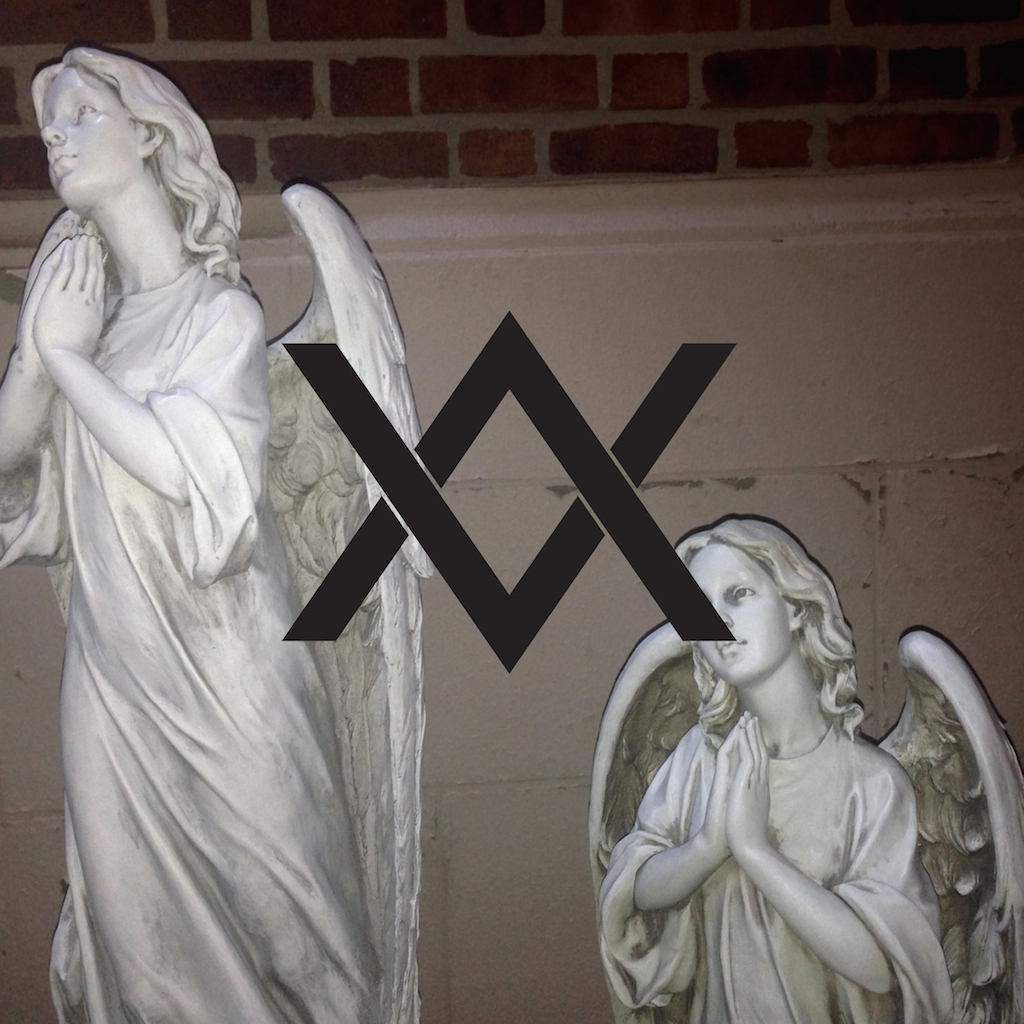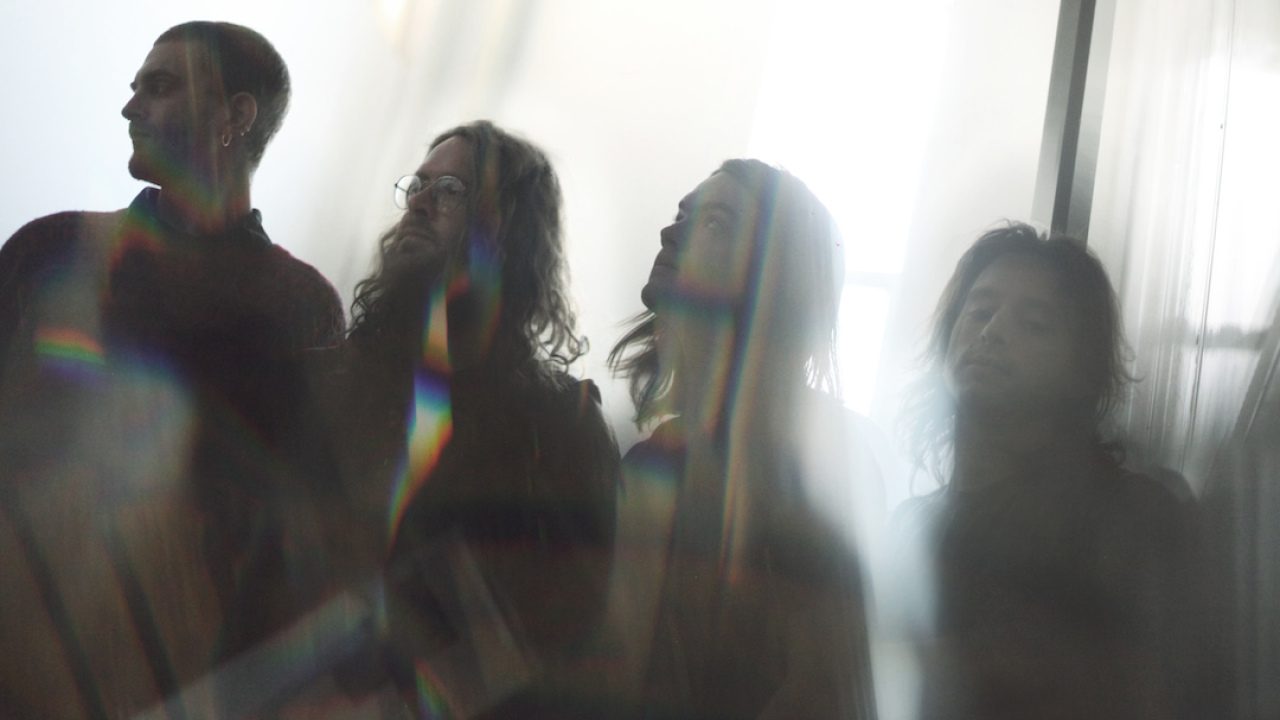Liturgy might just be the most reviled band in black metal – and that’s if you count them as black metal at all.
This won’t be news to them – founding (and originally only) member Hunter Hunt-Hendrix has been knowingly provoking the scene since his 2008 debut, but really upped the stakes in 2010 with a written manifesto called Transcendental Black Metal. Needless to say, its suggestion that US black metal could build (and therefore apparently improve) upon on the Scandinavian black metal of old rubbed a hell of a lot of people up the wrong way.
It would be very easy to dismiss such writings, but Liturgy then created a pretty original and compelling album the following year titled Aesthethica. An invigorating listen, it at least partly backed up the validity of the ‘transcendental black metal’ concept, even if it in no way improved upon (already transcendental) classic albums by bands such as Emperor. And to be fair, in an interview with this very magazine, Hunter clarified that he had never claimed that it would be Liturgy that would reach the lofty goals set out in the manifesto.

Frankly, all of this just makes Liturgy’s new album, The Ark Work, released on March 23 via Thrill Jockey Records, even more of a confusing experience. Electronica often replaces black metal as the vehicle of choice and the result is even denser and more impenetrable than its predecessor. It is also insistent, hammering into the listener with a challenging and disorientating use of time signatures and counter-rhythms, a strangely processed production and a jittery delivery that turns out to be part of the record’s equally baffling concept.
“An important musical idea that governs the composition of the record is what I call ‘general tremolo’,” explains Hunter. “Unlike specific tremolo, which is played on a guitar, general tremolo is played on all kinds of different elements in the mix, including pitched percussion, violins, and in some cases the entire mix via re-sampling – the result is transcendental black metal.”
Ah, but is it black metal? Yes, genre boundaries are in eye of the beholder and all that, but it would take a pretty broad interpretation to include the music here as being black metal, interesting as it is. Does Hunter really see this album as being related to that movement?
“Yes,” he replies simply. “Musically of course a lot of the record still has tremolo guitars and blastbeats. I consider black metal to be the skeleton onto which other genres and styles are incorporated as flesh. At the non-musical level I consider it to be very much a black metal record, because it represents an effort to activate occult potencies and create conflict by touching the real. I wonder to myself how would it be possible to recreate something like the burning of the churches in Norway in the early 90s, with the effect on the media and so on. Maybe it would be to situate black metal in a wider context into which it does not comfortably sit, including the realities of the internet… I treat the reactions to this record on the internet, along with relationships to the music industry and so on, as part of the total work of art.”
Hunter and Liturgy certainly favour bold statements and while this sometimes seems to communicate a touch of arrogance (but what could be more black metal than that?) or, at the very least, a lack of self-awareness, it does make for some thought-provoking music and discourse. But how does it feel to be part of such a controversial outfit and end up as the target of so much criticism?
“Ultimately I have to make the music that I want to make,” Hunter concludes. “It has been difficult emotionally to get so much criticism, and I think I’ve learned a lot about myself through the experience – but I do a lot of work to try to remain true to the vision that is calling me. When I was 20 or so I encountered a book by Alain Badiou called Being And Event. The idea is that, by virtue of the open-ended nature of being, certain truths appear to human beings and present themselves as important and yet uncertain, fragile… To truly live is to have faith in one of these truths and to risk helping it develop. Living with this kind of ethics makes it easier to laugh off controversy and criticism and have faith that the results will take care of themselves.”
Check out the album in full below!
Head over to Liturgy’s Facebook page here.
And pre-order The Ark Work here!
